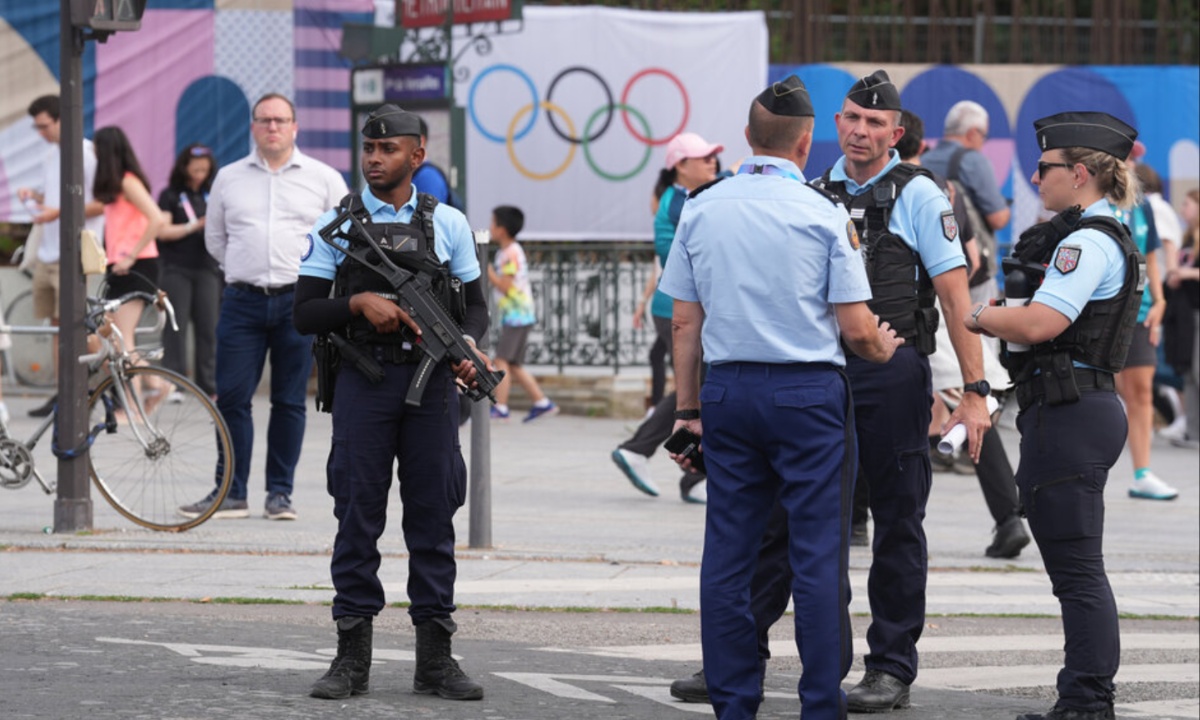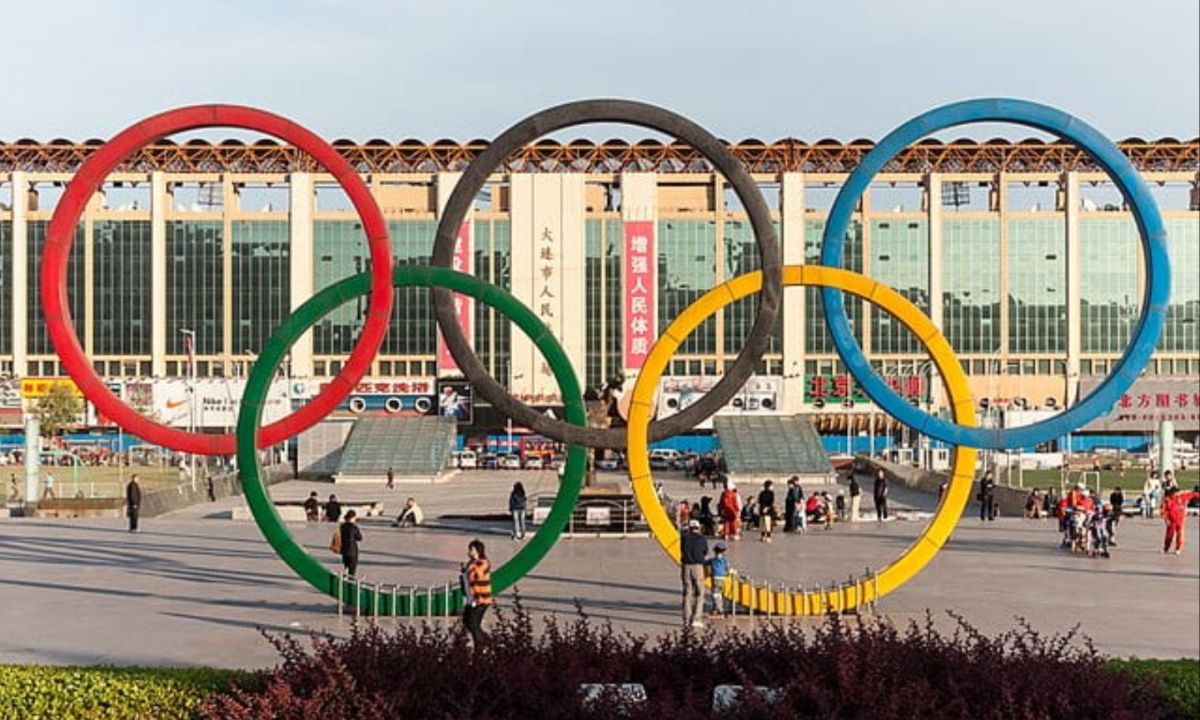The Olympic ban on South Africa due to its apartheid policies was a pivotal moment in demonstrating the power of international boycotts in advancing social justice. It helped isolate South Africa on the global stage, signaling widespread condemnation of racial segregation and human rights abuses. This move, part of broader economic and cultural sanctions, highlighted how sports can transcend mere competition and influence global politics. The event “Boycotts and the Olympics,” hosted by Vanderbilt University, will examine such examples, including the unsuccessful U.S. movement to boycott the 1936 Olympics in Nazi Germany, exploring their impact on society and policy.
Andrew Maraniss, a visiting author at Vanderbilt and an accomplished writer, will lead the discussion on how boycotts have shaped cultural and political landscapes. Maraniss, best known for his book Strong Inside about Perry Wallace, the first African American varsity basketball player in the Southeastern Conference, has a deep understanding of the intersection of sports, race, and society. His work, which has earned critical acclaim and national media attention, underscores the broader implications of sports as a platform for societal change.

The event, scheduled for Feb. 28 at Vanderbilt’s McGugin Center, invites the public to engage in a critical discussion on the role of boycotts in Olympic history and their significance in driving social and political reform. By delving into past movements like the Olympic ban on South Africa and the 1936 Berlin boycott attempt, attendees can better understand how collective action in sports has shaped global perceptions of justice and equality.
Free and open to the public, the program emphasizes accessibility and community engagement. The venue will offer light refreshments and convenient parking, encouraging widespread participation in a meaningful dialogue about the intersection of sports, society, and politics. The event reflects Vanderbilt’s commitment to exploring pressing societal issues through a multidisciplinary lens.
Launched in 2018 by David Williams II, Vanderbilt’s Sports and Society Initiative continues his legacy by fostering discussions on the broader societal implications of sports. Williams’ vision for addressing social justice through athletic platforms remains influential, with events like this exemplifying the university’s dedication to examining sports as a catalyst for change.







